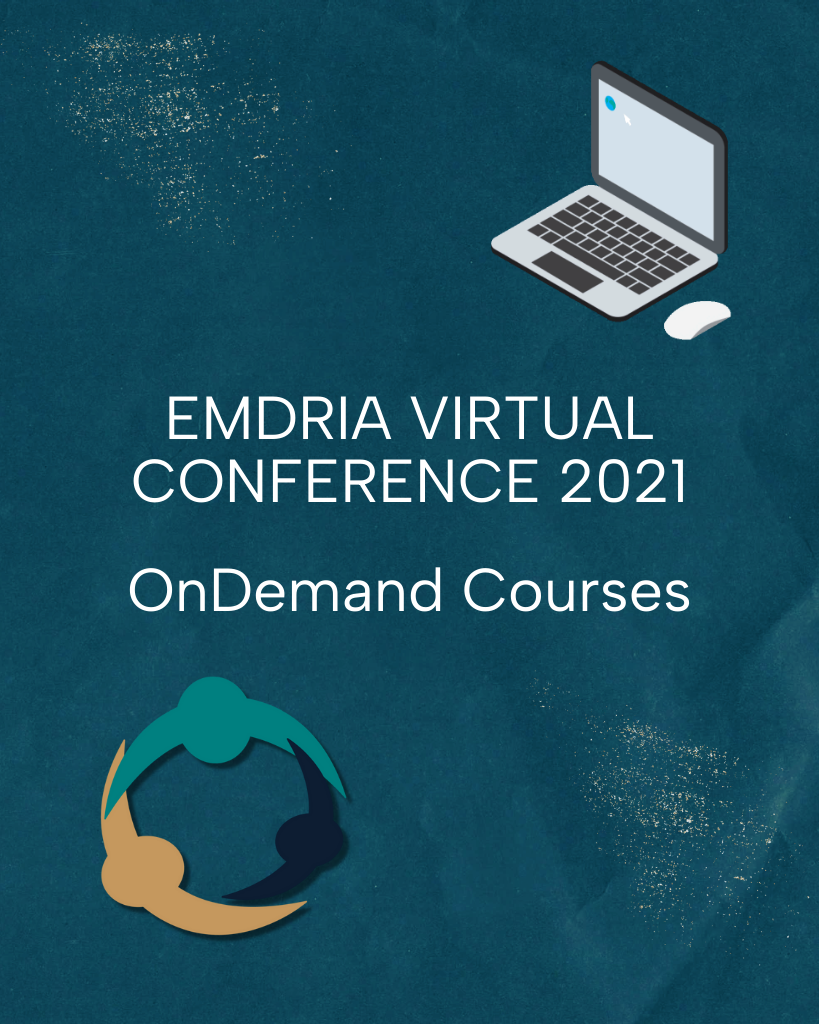Course Description
The core human need for interpersonal connection and belonging is cited by Maslow, social psychologists, and many other respected theorists and researchers. Trauma and adversity, in this realm, includes interpersonal rejection, attachment failures, social exclusion, and discrimination which can result in isolation, loneliness, disempowerment, alienation and compromised physical health. Extensive cross-cultural research documents the debilitating effect of isolation and social exclusion from children to the elderly and across many other social identities. EMDR training has tended to identify core negative and positive cognitions as typically falling into three categories: responsibility/self-worth; safety; and power/control. This presentation—by Mark Nickerson, LICSW—describes and advocates for the recognition of a fourth primary category of beliefs, which are consistent with Dr. Francine Shapiro’s conceptualization of core beliefs and yet distinct from the currently emphasized three categories. Awareness of the resonance of these core beliefs related to connection and belonging affirms the lived experience of many EMDR therapy clients.
Learning Objectives
- Participants will be able to cite 5 or more examples of documented theory and research outside the EMDR therapy literature affirming the core human need for interpersonal connection and belonging and the consequences of trauma and adversity which interferes with this need.
- Participants will be able to describe 3 or more examples of NC/PC’s in the realm of connection/belonging, which are consistent with Dr. Francine Shapiro’s conceptualization of negative and positive beliefs in EMDR therapy, and their distinctions compared to beliefs in the realm of responsibility, safety, and power/control.
- Participants will be able to describe 3 or more clinical examples whereby negative and positive beliefs related to connection and belonging resonate most authentically to the client’s issues and how an awareness of the human need for realm of connection and belonging enhances the reach of EMDR therapy.
Presenter(s)
Mark Nickerson, LICSW
Mark Nickerson, LICSW, a psychotherapist, clinical consultant, EMDR Institute trainer, and member of the Council of Scholars. He conducts advanced EMDR trainings nationally and internationally on topics including integrating culture and healing culturally based trauma and adversity, treatment for problem behaviors, and the effective use of EMDR protocols. He is editor/author of Cultural Competence and Healing Culturally Based Trauma with EMDR Therapy: Insights, Strategies and Protocols (Springer, 2016- 2nd edition, 2022 in press) and The Wounds Within (Skyhorse, 2015), an expose on the challenges for war veterans and their families. More information at culturalcompetenceEMDR.com and markinickerson.com.
Date
November 7, 2021
Presented by
Mark Nickerson
Run Time
183 minutes
EMDRIA Credits
3
NBCC Credits
3
Client Population
Older Adults
Cost (member)
$70
Cost (nonmember)
$95
Publisher
EMDR International Association
Rights
The presenter(s) retains control over the publishing and copyright of this presentation/course.
APA Citation
Nickerson, M. (2021, November 7). Connection and Belonging: A Core Human Need and Distinct Category of NC/PCs [Online Course]. EMDR International Association. https://www.pathlms.com/emdria/courses/43964
Audience
EMDR Therapists
Language
English
Content Type
Course
Original Source
Conference 2021
Access Type
Paid Access


